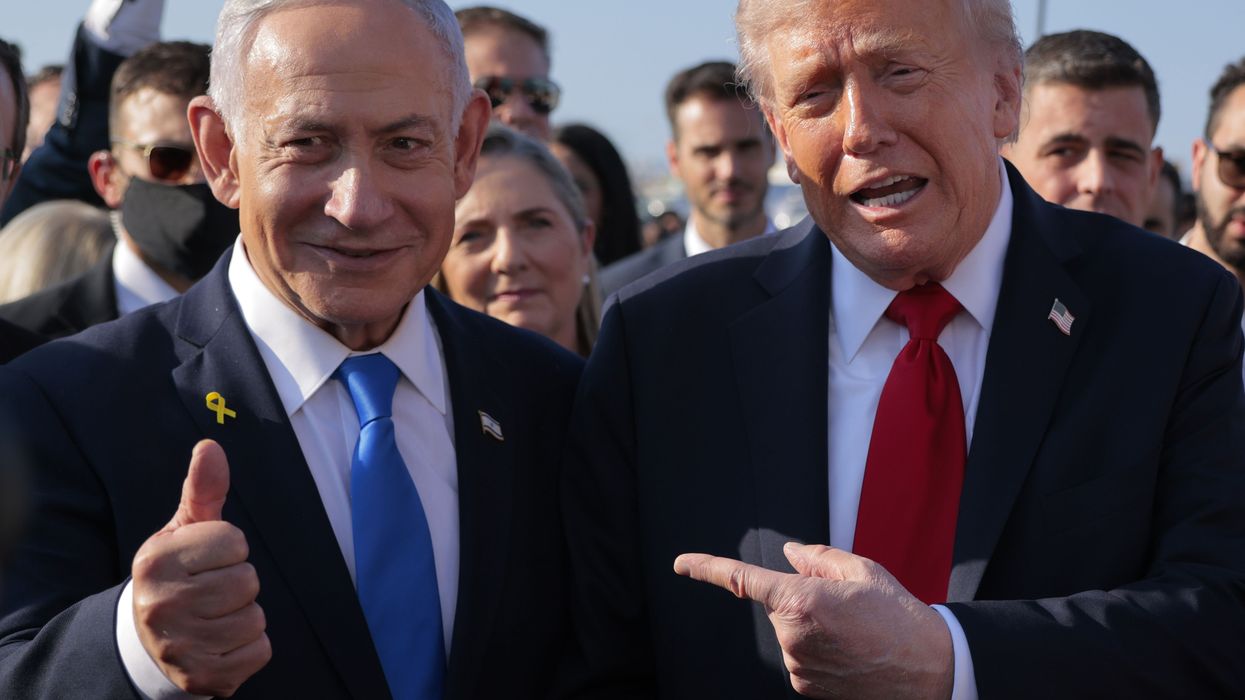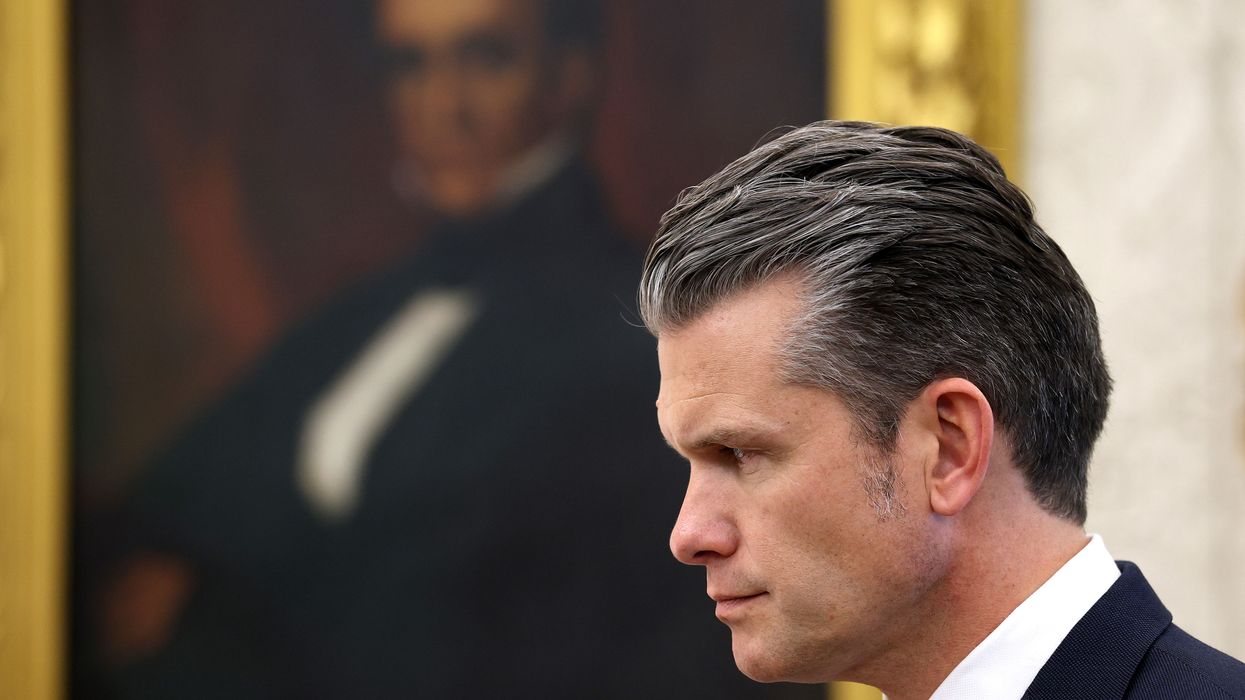More than 75 members of Congress joined the Congressional Progressive, Black, Hispanic, and Asian Pacific American Caucuses to call on congressional leadership to include people without health insurance in any legislation that limits out-of-pocket costs for insulin.
In their letter to Speaker Pelosi, Senate Majority Leader Schumer, House Minority Leader McCarthy, and Senate Minority Leader McConnell, Congressional Progressive Caucus Chair Pramila Jayapal (WA-07), Congressional Black Caucus Chair Joyce Beatty (OH-03), Congressional Hispanic Caucus Chair Raul Ruiz, M.D. (CA-36), and Congressional Asian Pacific American Caucus Chair Judy Chu (CA-27) were joined by 73 colleagues to urge that a proposed $35 cap on a monthly supply of insulin be extended to those without health insurance. They write, "failure to do so will deepen health disparities and increase long-term healthcare costs."
The lawmakers emphasize that, with the price of insulin having risen more than 1,000 percent since 1999, affordability is a crisis for the 37.3 million Americans who have diabetes -- but it is especially dire for those without coverage. Two million people with diabetes don't have insurance, and more than one in four of those who need insulin have experienced a lapse in insurance coverage for at least 30 days in the past three years. Uninsured people with diabetes often pay over $1,000 per month for their insulin, and are roughly twice as likely to report that they cannot afford their diabetes medications compared to those who have insurance.
As the lawmakers write, the consequences are quite literally life and death: "Whether without insurance for an extended period of time or for 30 days due to life events such as job transitions or marriage, uninsured people with diabetes often pay over $1,000 per month for their insulin...Sadly, there are many tragic accounts of uninsured people with diabetes who could not afford their insulin and died as a result of insulin rationing."
Excluding uninsured people from a cap on out-of-pocket costs would also worsen racial disparities in our healthcare system. Black, Hispanic, and Asian Americans have both higher rates of diabetes than white Americans, and are less likely to have health insurance. As the letter notes, "A 2021 study in the Lancet demonstrated that within the diabetes community, 2.2 percent of white people were uninsured compared to 6.4 percent of Black people, 32.6 percent of Hispanic people, and 15.3 percent of Native American and Alaskan Native people." Extending the co-pay gap would also have significant savings for the healthcare system long term, since "patients with gaps in their health insurance in the past three years were five times more likely to end up in an emergency room or hospital while uninsured than while they were insured."
The lawmakers make clear that a universal cap on insulin costs could be accomplished either by using existing Medicaid payment structures to reimburse pharmacies or by establishing a fund in HHS that reimburses insurance providers and pharmacies. They conclude, "inclusion of uninsured people in insulin pricing legislation will help prevent new racial health disparities resulting from this legislation, curb future deaths of Americans due to insulin rationing, and decrease the likelihood of diabetes complications."
The letter can be found online here.
The signatories to this letter include: Pramila Jayapal (WA-07), Joyce Beatty (OH-03), Raul Ruiz, M.D. (CA-36), Judy Chu (CA-27), Nannette Diaz Barragan (CA-44), Alma S. Adams, Ph.D (NC-12), Colin Allred (TX-32), Karen Bass (CA-37), Donald S. Beyer, Jr. (VA-08), Sandford D. Bishop, Jr. (GA-02), Earl Blumenauer (OR-03), Jamaal Bowman, Ed.D (NY-16), Anthony G. Brown (MD) (MD-04), Julia Brownley (CA-26), Cori Bush (MO-01), Salud Carbajal (CA-24), Tony Cardenas (CA-29), Joaquin Castro (TX-20), David N. Cicilline (RI-01), Gerald E. Connolly (VA-11), Angie Craig (MN-02), Danny K. Davis (IL-07), Madeleine Dean (PA-04), Peter A. DeFazio (OR-04), Mark DeSaulnier (CA-11), Ted Deutch (FL-22), Veronica Escobar (TX-16), Adriano Espaillat (NY-13), Dwight Evans (PA-03), Jesus G. "Chuy" Garcia (IL-04), Jimmy Gomez (CA-34), Al Green (TX-9), Raul M. Grijalva (AZ-03), Jahana Hayes (CT-05), Steven Horsford (NV-04), Sara Jacobs (CA-53), Eddie Bernice Johnson (TX) (TX-30), Henry C. "Hank" Johnson, Jr. (GA-04), Mondaire Jones (NY-17), Kai Kahele (HI-02), William R. Keating (MA-09), Barbara Lee (CA) (), Andy Levin (MI) (MI-09), Ted W. Lieu (CA-33), Alan Lowenthal (CA-47), Carolyn B. Maloney (Carolyn) (NY-12), James P. McGovern (MA-02), Jerry McNerney (CA-09), Grace Meng (NY-06), Gwen Moore (WI-04), Jerrold Nadler (NY-10), Grace F. Napolitano (CA-32), Marie Newman (IL-03), Eleanor Holmes Norton (DC-at large), Ilhan Omar (MN-05), Chris Pappas (NH-01), Donald M. Payne, Jr. (NJ-10), Chellie Pingree (ME-01), Mark Pocan (WI-02), Katie Porter (CA-45), Ayanna Pressley (MA-07), Jamie Raskin (MD-08), Michael F. Q. San Nicolas (GU-01), Jan Schakowsky (IL-09), Terri A. Sewell (AL-07), Adam Smith (WA-09), Haley Stevens (MI-11), Mark Takano (CA-41), Mike Thompson (CA-05), Rashida Tlaib (MI-13), Ritchie Torres (NY) (NY-15), Nydia M. Velazquez (NY-07), Bonnie Watson Coleman (NJ-12), Peter Welch (VT-at large), Susan Wild (PA-07), Nikema Williams (GA-05), and Frederica S. Wilson (FL-24).




